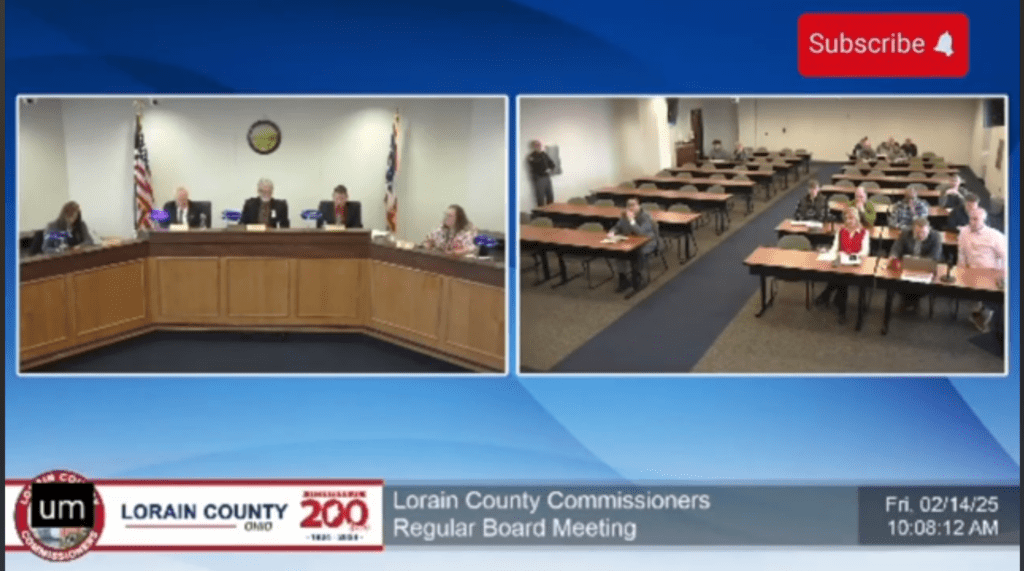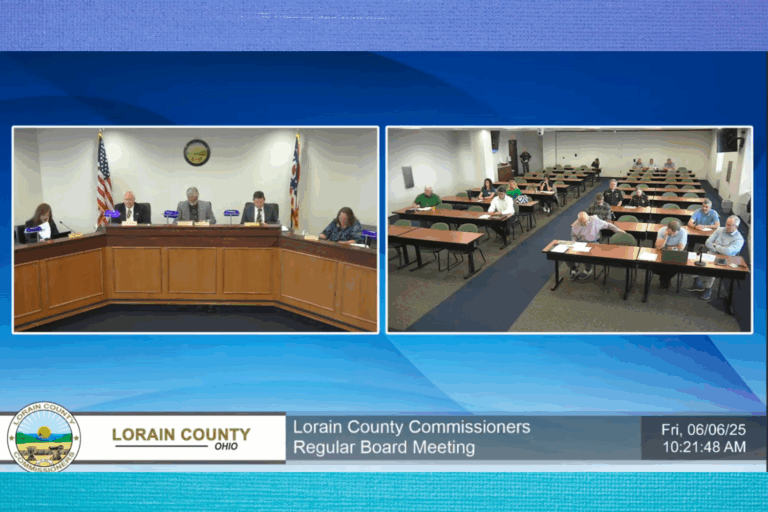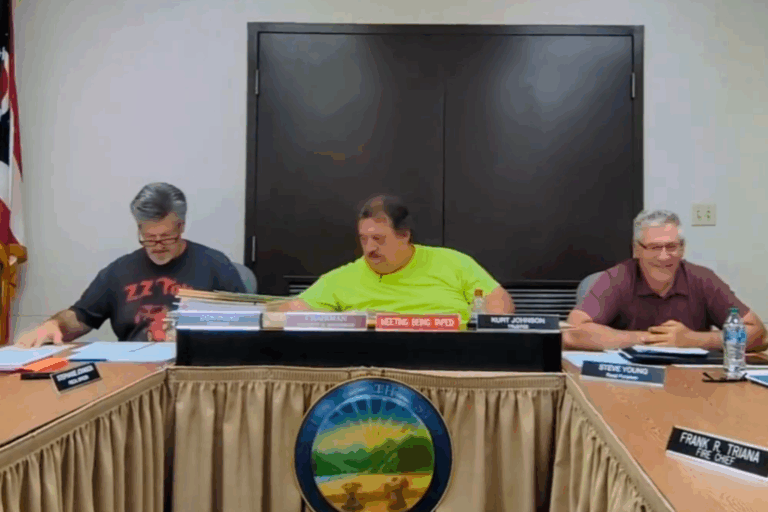
Lorain County, OH – A lawsuit between Lorain County and Brian Ames, president of the nonprofit Open Government Advocates, has been settled with the county agreeing to pay $5,900. The case revolved around alleged violations of the Ohio Open Meetings Act by the Lorain County Budget Commission (LCBC).
Ames, who is a vocal advocate for government transparency, filed the lawsuit after discovering that the LCBC had failed to provide proper public notices for its meetings, lacked a formal rule for doing so, and sent unelected individuals in place of official commissioners. Additionally, the minutes of the meetings were deemed grossly inadequate. Ames emphasized the importance of transparency in government, citing the landmark Ohio Supreme Court case White v. Clinton County Board of Commissioners (1996), which upheld the public’s right to know not only the outcomes of government decisions but also the processes behind them.
Ames stated, “The Lorain County Budget Commission is one of several that I have sued, the first being the one in Portage County. It, like so many others, were totally unaware that it is subject to the Open Meetings Act. That was the situation in Lorain County. The LCBC provided no notices of its meetings and had no rule for doing so. The members would send other unelected people to the meetings in their place. The meeting minutes were grossly inadequate.” Ames continued, stressing the significance of transparency: “One of the strengths of American government is the right of the public to know and understand the actions of their elected representatives. This includes not merely the right to know a government body’s final decision on a matter, but the ways and means by which those decisions were reached.”
During Friday’s Lorain County Commissioners meeting, Commissioner Jeff Riddell introduced the settlement line item, asking for a motion with a simple “So moved.” Commissioner Dave Moore responded with a sarcastic “You mean mute?” which lightened the mood but perhaps also reflected some frustration with the lawsuit. His comment was met with laughter, but it highlighted the tension surrounding the case.
Ames, whose nonprofit The Advocate, based in Mogadore, has been at the forefront of holding government bodies accountable across the state, targeting school districts, boards of trustees, and county commissions. Ames has filed similar lawsuits in other jurisdictions, with settlements often resulting in greater efforts to ensure transparency and compliance with open records laws.
While the $5,900 settlement resolves the immediate issue, it’s expected to have broader implications, possibly prompting other local governments to review their own meeting practices and ensure they adhere to the Open Meetings Act. The case serves as a reminder that government bodies must remain open and accountable to the public they serve.
Ames Is Suing the Vermilion School District for Open Meetings Act Violations
Brian Ames has also filed a lawsuit against the Vermilion Local School District, citing similar Open Meetings Act violations. This case stems from the district’s use of consent agendas, a process that groups multiple items together for a single vote, often without discussion. Critics argue that this practice can obscure important public information, making it harder for the public to fully understand what is being approved.
The use of consent agendas in this case raises concerns that it may limit the public’s ability to provide meaningful input during meetings. Ames’ lawsuit aims to ensure that the district adheres to transparency standards required by law, especially when it comes to decisions that affect the community.
For more details on the lawsuit, you can view the official complaint here.

While the specifics of this case are still unfolding, it serves as a reminder to Municipalities of the ongoing efforts to hold local governments accountable for Open Meetings Act compliance. Intent does not satisfy the statute, only compliance. The best thing municipalities can do if in a similar situation is to go ahead and to rectify their behavior until compliant with Ohio Law.





